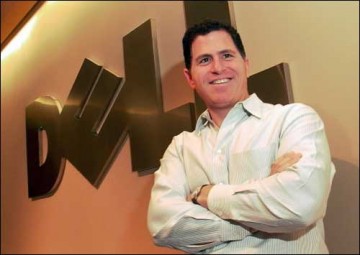 Amazon Web Services and Microsoft are the rulers of the public cloud, according to beancounters at Gartner.
Amazon Web Services and Microsoft are the rulers of the public cloud, according to beancounters at Gartner.
The research firm’s “Magic Quadrant” annual report surveys the amount and type of cloud computing services offered for rent by big companies. However this year it appears to be a two horse race between Amazon and Vole. Amazon is coming first, probably because it was first out of the gate, while Microsoft continues a strong push at second.
Google, IBM, VirtuStream (part of EMC), CenturyLink, Rackspace and VMware all have a horse running but are a long way down the field.
Amazon’s poured shedload of cash into its $10 billion a year business. AWS “has the largest share of compute capacity in use by paying customers — many times the aggregate size of all other providers in the market,” according Big G.
Last year, AWS ran more than 10 times the cloud compute capacity as the next 14 cloud players combined. Asked whether that means Amazon’s dominance has held steady, grown, or decreased year over year, Gartner IT managing vice president Rakesh Kumar said that the research firm does not have the exact comparable figure, but that it is “reasonable to assume” that AWS has maintained the same lead this year.
Last week, Gartner released another report showing Amazon dominating the cloud storage market as well.
Google has been trying hard to win market share from the other two powers and to prove that it is serious about the public cloud market. Google remains the third largest player by Gartner’s measures, but it has slipped a bit relative to the top.
Google’s strengths lie in its big data analytics and machine learning technologies that it has used internally and is now offering to the public at large. Even AWS supporters love to use Google BigQuery and Bigtable, to parse and explore big amounts of data, for example.
Google has also made some strides entrenching its view of container management, as embodied in Kubernetes, to outside players. Containers, are a modern way to combine all the services needed for a software application into a portable unit that can, in theory, run on a company’s internal servers, on Google, or some other public cloud.



















